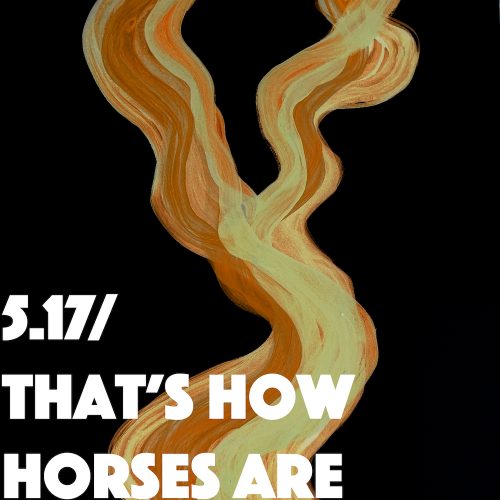Two members of Radiohead moonlight as excellent film score composers, although one is certainly more prolific than the other. Guitarist and string arranger Jonny Greenwood has become one of the most in-demand composers in the business, bringing a dissonant yet strangely elegant sound to the movies of (among others) Paul Thomas Anderson and Lynne Ramsay. He’s already been nominated for an Oscar and got totally robbed; he’s been nominated this year, too, and will probably get robbed again. (I may be somewhat bitter; if no one’s got me, I know the Phantom Thread soundtrack got me.)
But lead singer Thom Yorke has also dabbled in composing for film, and his approach is just as distinct as Greenwood’s. He’s only scored one film in full, the 2018 remake of Suspiria, but it’s one of the strangest and most lovely scores of the past five years. Shifting from goosebump-raising ambient to whirring, krautrock-inspired industrial, the score also featured a number of truly gorgeous piano ballads, including “Suspirium” and “Unmade” (which memorably played when Dakota Johnson ripped a yonic hole in her chest and made a bunch of witches explode–it’s that kind of movie.)
For the final season of the British crime drama Peaky Blinders, both Greenwood and Yorke were approached to contribute music; a few days ago, we heard Yorke’s first contribution, the enigmatically-titled “5.17.” For a while, you could mistake it for something purely instrumental–it takes over a minute for Yorke to start singing–but it’s a lovely instrumental all the same. Yorke has always had a gift for chord sequences, finding just the right pattern to make a piano ballad sound less conventional and more transcendental. Like on Radiohead’s eternal “Pyramid Song,” Yorke plays with the time signature, letting some chords hang in the air for longer than others and leaving mysterious open space for strings to sing and crackle.
When Yorke finally starts to sing, his lyrics are as cryptic and poetic as ever. In his mournful falsetto, Yorke sings about the language, or the symbolic significance, of different flowers: “Amaryllis are for beauty/Calla lilies for magnificence.” In Victorian times, there were hundreds of different ways one could use flowers; nowadays, there are only a handful of occasions, and the song’s funereal tone suggests what that might be even before Yorke sings “I will lie them for you.”
I admit that I haven’t watched Peaky Blinders, but I know enough about it to guess that more than a few characters won’t leave the final season alive. “5.17” is a beautiful song with or without the series attached to it, but the looming final season lends the song an ominous nature. “Violets are saying sorry/Some are left on the highway/Little moths, still they’re hanging with you.” Whoever Yorke is singing to, it’s poignantly clear that flowers will never reach them.







